In the heart of southern Mexico, the Calakmul Biosphere Reserve stands as one of the most vital ecosystems in Latin America and a home to Mayan heritage that has endured for centuries. Liam Scully, one of the youngest web3 pioneers in the region, is using blockchain and art to help protect both. Through Maya Spirits, a project rooted in conservation, empowerment, and education, Scully and Dr. Lorenzo Martínez are redefining how technology and creativity can support environmental and cultural preservation.
In this conversation, Liam shares how Maya Spirits came to life, the importance of transparency and trust in social impact projects, and how art can bridge cultures while inspiring lasting change.
Note: This interview has been edited for length and clarity.
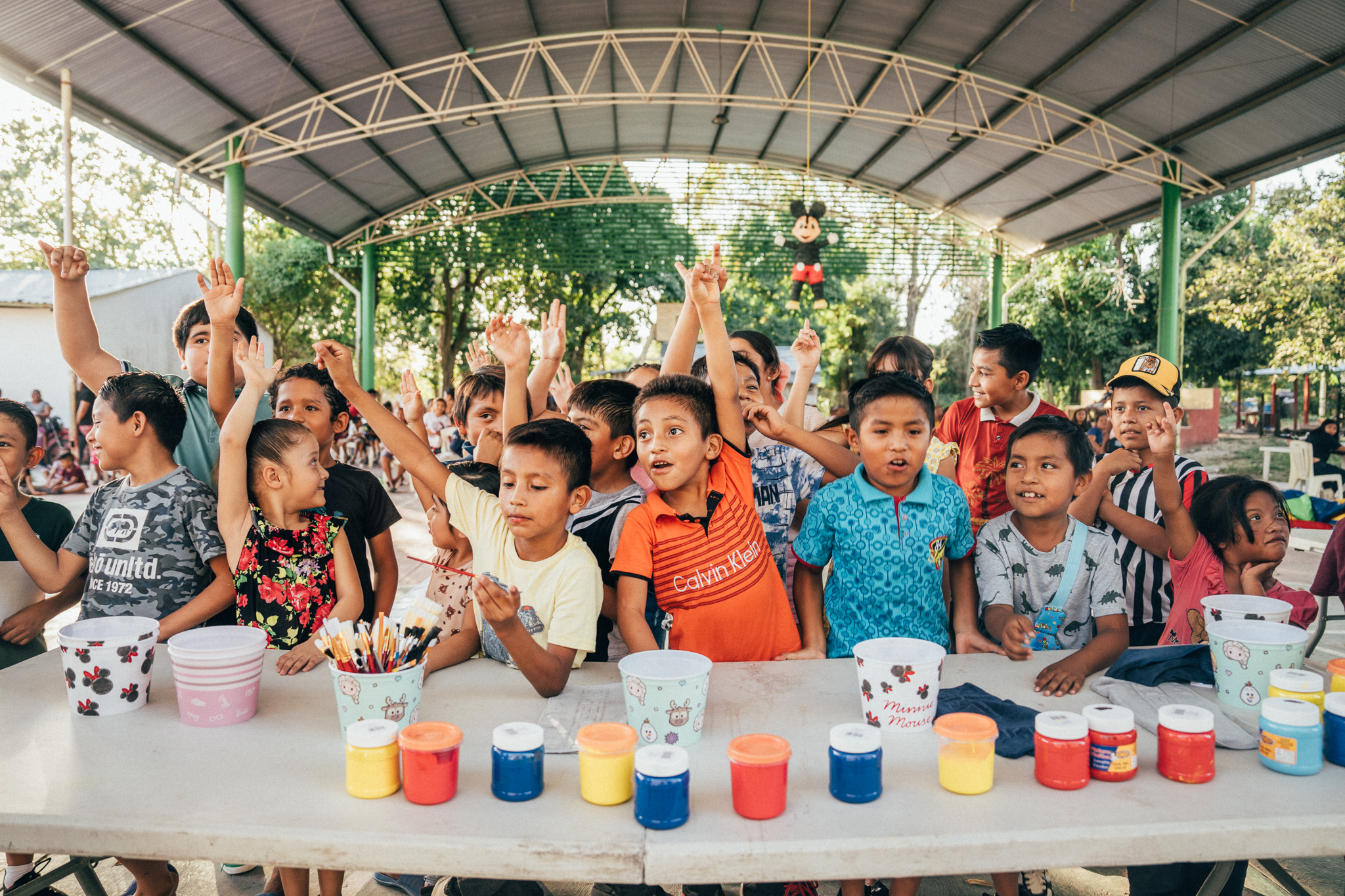
OpenSea: How did Maya Spirits officially launch, and what are its main areas of focus?
Liam Scully: Our mission has three main pillars.
First, jungle conservation. The Calakmul jungle is community-owned. We worked for seven years to build trust and formal agreements with locals to prevent deforestation. Agriculture is the biggest threat here, as families are often pressured to sell or clear land for crops. We help them avoid that by providing financial support and creating circular economies. In just over two and a half years, we’ve conserved more than 1,000 hectares. Each hectare is equivalent to about two football fields. For every 100 hectares conserved, we’re able to change the life of one family. Importantly, all land remains under community ownership.
Second, women’s empowerment. In these regions, economic opportunities for women are scarce, and much of the household income can be mismanaged due to lack of financial education. We focus on helping women develop sustainable sources of income. We don’t call it “donation”; it’s empowerment. We’re giving them tools to thrive independently and create generational change.
Third, education and the arts. We support programs that teach children creative expression, nonviolent communication, and mindfulness. Lorenzo’s team had already opened 3 schools in Mexico City, and we’ve expanded that experience to Calakmul.
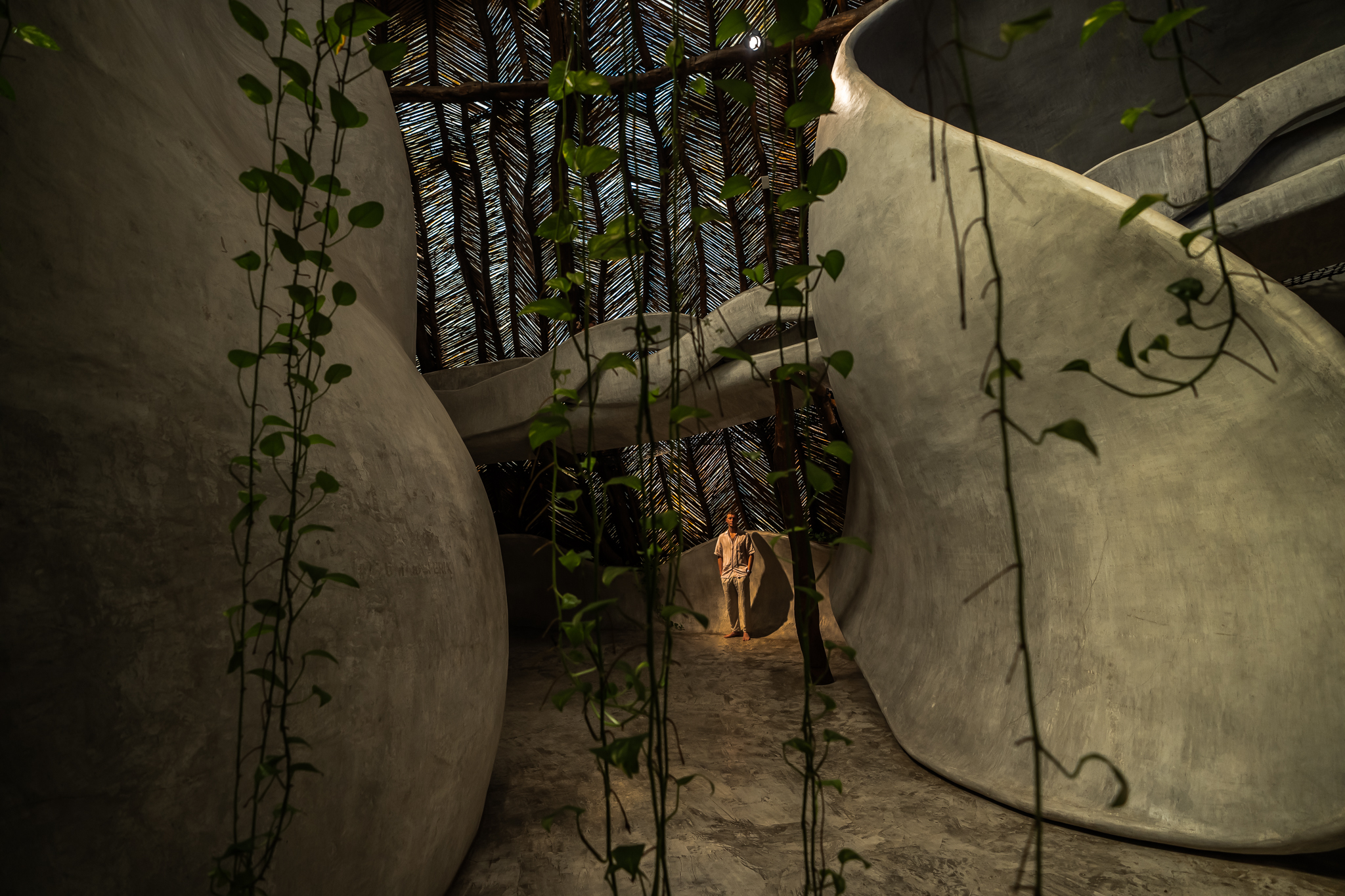
OpenSea: You’re one of the youngest web3 builders in Latin America, working at the intersection of blockchain technology and preservation. What originally drew you to the idea that blockchain could be used for environmental and social good?
Liam Scully: I grew up in Cancun, in southern Mexico. I had a good life, access to education, friends, and opportunities, but I could also see how much poverty surrounded me. That contrast stayed with me. I didn’t know how to act on it at the time, but in 2019, I discovered blockchain. At first, I was interested from an investment standpoint, but as I learned more, I began to see its broader potential.
Around then, I met Lorenzo, a scientist and the founder of Maya Spirits. He introduced me to his project through which he had spent seven years supporting communities in a vital Mayan region called Calakmul, the largest biosphere in Mexico and the second largest in Latin America after the Amazon. It’s often called the “lungs of North America.”
Lorenzo helped me understand the importance of that region, and through his mentorship, I learned how values like contribution and growth could guide us as individuals and as a society. After a year of study, Maya Spirits decided to launch a new model, integrating blockchain technology to enhance transparency and accessibility for supporters around the world.
In Mexico, transparency is a major issue, especially in philanthropy, where only around 20% of donors know where their money actually goes. Blockchain allowed us to change that. Anyone, regardless of where they’re from or how much they can give, can contribute in a traceable, meaningful way. One of our guiding principles is reciprocity. We believe in giving back to contributors through art, community engagement, or simply keeping them informed about the impact of their support.

OpenSea: Why support this particular community?
Liam Scully: The people of Calakmul are descendants of the ancient Mayans, known for their art, agriculture, architecture, and mathematical innovations. Their culture is extraordinary but at risk of disappearing. Many don’t realize the value of what they have, and new developments often exploit that. Maya Spirits aims to protect not only the environment but also their cultural heritage.
At first, explaining all this within the web3 space wasn’t easy. People saw what we were doing, but words alone weren’t enough. That’s when we realized how powerful art can be. Art bridges cultures. Someone in France, China, or Peru doesn’t need to speak Spanish or Mayan to feel the story of this land. Art activates both the cognitive and emotional sides of the brain. It helps people see and feel why this matters.
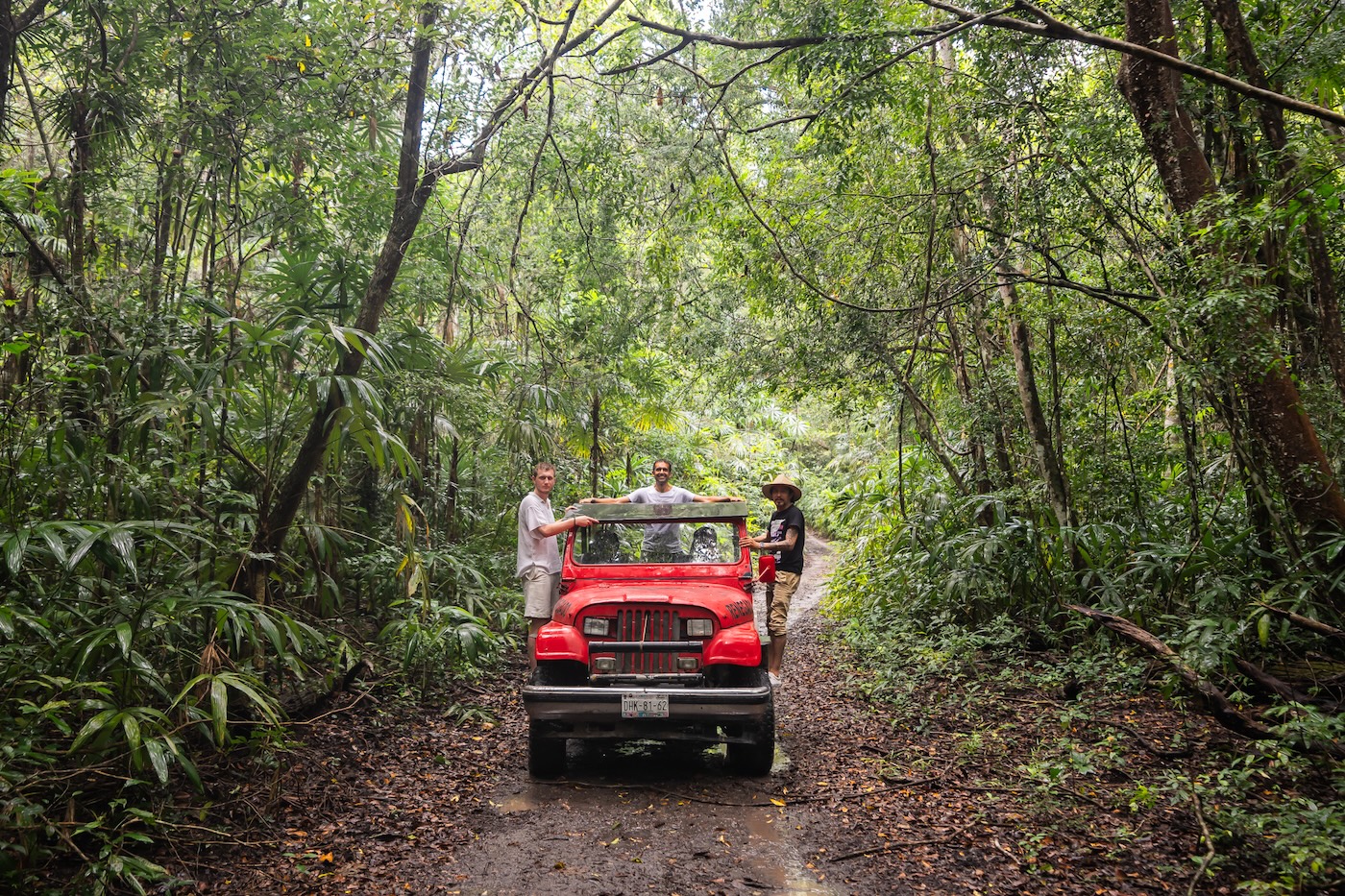
OpenSea: You’ve talked about transparency being core to Maya Spirits. What have you learned about maintaining that trust over time?
Liam Scully: Transparency has to go beyond just showing where funds go. We’ve learned that it’s equally important to communicate clearly about why people contribute and what they can expect in return. Some people give because they want to help. Others expect something tangible, a collectible, access, or a return. We try to set expectations honestly.
In web3, people are used to quick rewards, but we’re here to use the same technology for long-term social impact. As long as we stay true to that and remain transparent about how funds are used, we can build lasting trust.
OpenSea: Was there a specific moment when you realized the model was working?
Liam Scully: Absolutely. Earlier this year, we held our first art retreat in Mexico. We invited six artists to spend a week immersed in the jungle, meeting Mayan elders, visiting families, and exploring sites that aren’t even on Google.
We asked them to disconnect completely. No phones, no noise, just be present. Two months later, each artist created a piece inspired by that experience. The collection sold out in days, raising over $100,000. The proceeds went to a local family who had lost their father and whose children were out of school. We helped rebuild their home, supported medical treatment for one child, and provided long-term stability.
The retreat showed us how art can change lives, not just for the families, but for the artists too. They left inspired, grounded, and transformed.
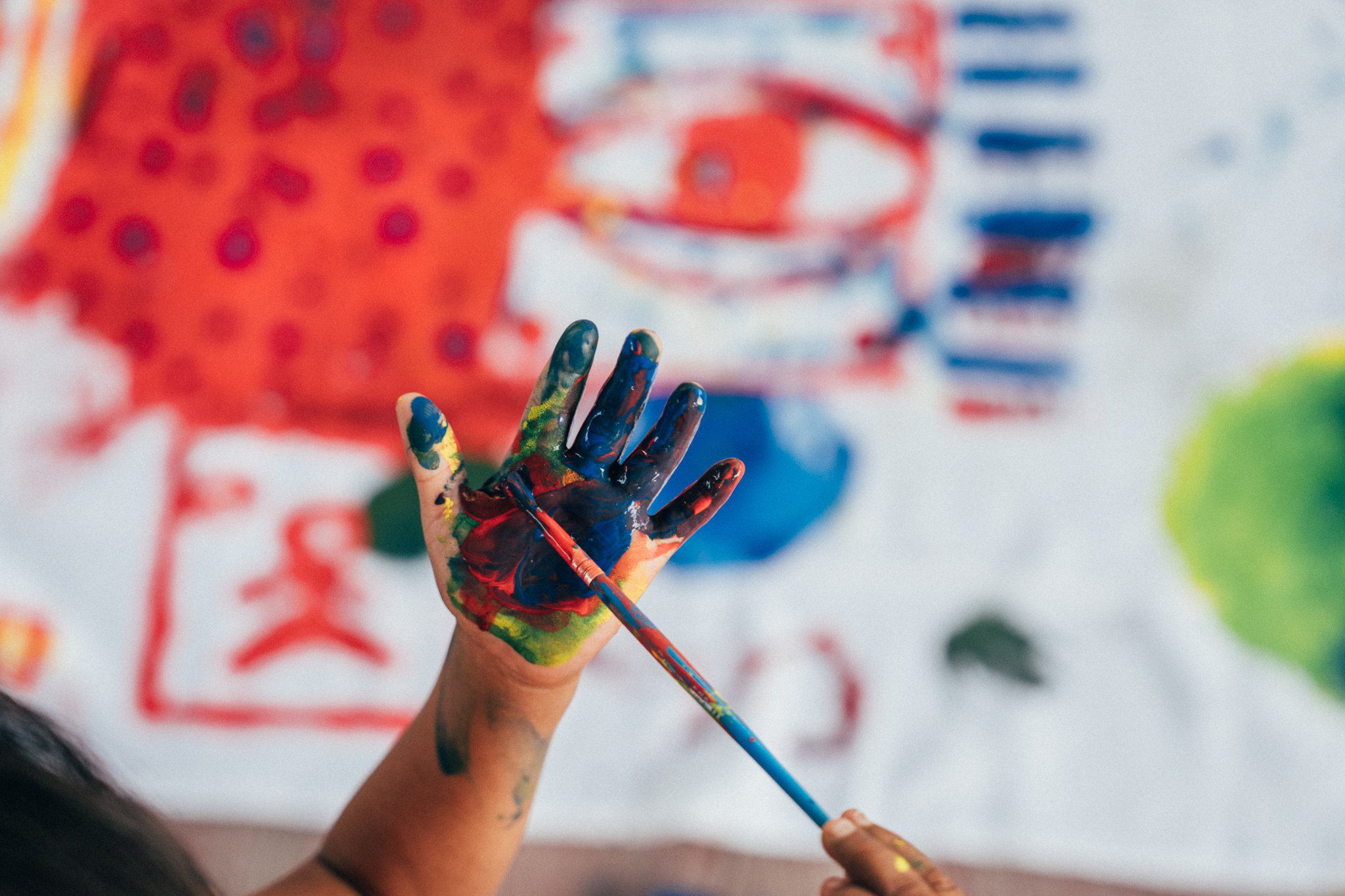
OpenSea: That’s powerful. You’ve worked closely with local communities that have deep cultural roots. How do you ensure their voices are reflected in the work?
Liam Scully: Building trust has been a long process. These communities have been let down many times. Politicians often show up before elections, promise support, and then disappear. We had to prove our intentions through action.
We built the first school for children, introduced educational programs, and worked with families directly. The community’s leader, Yahaira Lagunes, is the first woman from there to attend university and is now a lawyer. She represents the community and helps us understand their needs.
It’s a communal system. Every year, they hold a congress to vote on who is part of the community based on their contributions. After years of collaboration, Lorenzo and I were formally invited to join. That’s a huge honor. It means they trust us as part of their ecosystem, we’re not outsiders.
OpenSea: Recently, you collaborated with the artist Stefano Contiero on a drop. How did that partnership come about?
Liam Scully: I met Stefano about three years ago during Art Blocks Weekend in Marfa. We connected over our shared Latin American roots and a desire to give back. Over time, we kept in touch about finding the right project.
Eventually, we decided to collaborate around Día de los Muertos, a holiday that celebrates loved ones who’ve passed away. Instead of mourning, it’s about welcoming them home with joy, setting up an altar, candles, and their favorite things.
Working with the OpenSea and Art Blocks teams, we created Ofrenda, a generative art collection inspired by Mayan cosmology. In Mayan, Pixán means “the day of eating with your loved ones.” The symbolism behind the timing, price, and structure of the drop all connect back to Mayan numerology and calendar systems. It sold out quickly, and the proceeds are going toward new art and education programs for mothers and children in the community.
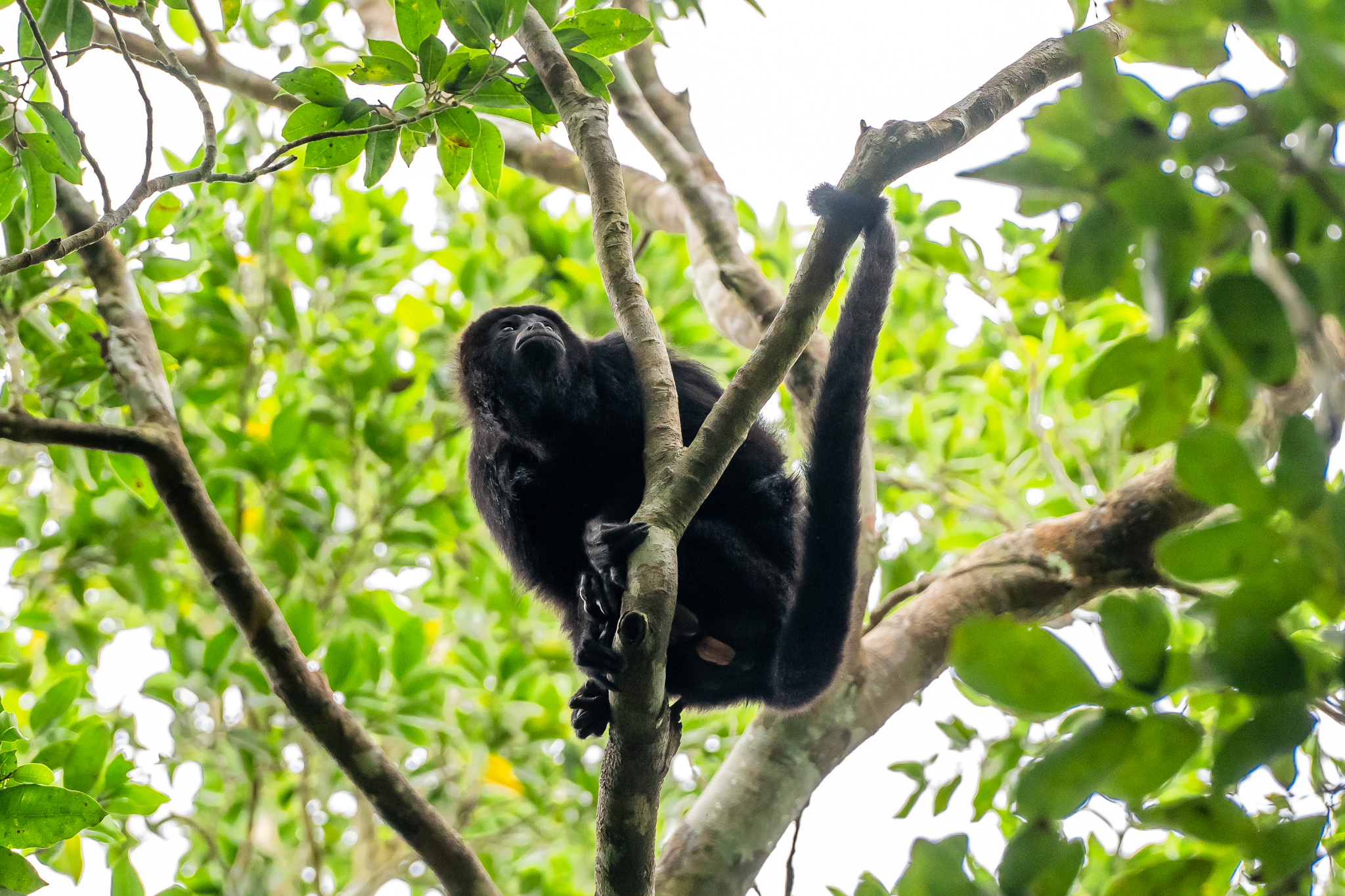
OpenSea: It was such a thoughtful drop. Even the launch date and price point felt intentional.
Liam Scully: Thank you. We wanted every detail to carry meaning. The Mayans viewed time and numbers as spiritual concepts. Aligning those with our drop gave it depth. For us, it’s also a way to remind people that giving back can be valuable and fulfilling in itself.
OpenSea: Looking ahead, where do you see Maya Spirits in the next five years?
Liam Scully: We see Maya Spirits as a source of inspiration, empowerment, and growth for artists, for communities, and for humanity. We want to continue connecting artists and collectors who care about social impact.
Over the next few years, we’ll expand the art retreats and complete our mission in Calakmul before supporting other regions. Our goal is to keep proving that technology and creativity can protect culture, nature, and people together.
OpenSea: Thank you so much, Liam.
Liam Scully: Thank you. I’m really grateful for this conversation and for the opportunity to share our story.
Disclaimer: This content is for informational purposes only and should not be construed as financial or trading advice. References to specific projects, products, services, or tokens do not constitute an endorsement, sponsorship, or recommendation by OpenSea. OpenSea does not guarantee the accuracy or completeness of the information presented, and readers should independently verify any claims made herein before acting on them. Readers are solely responsible for conducting their own due diligence before making any decisions.



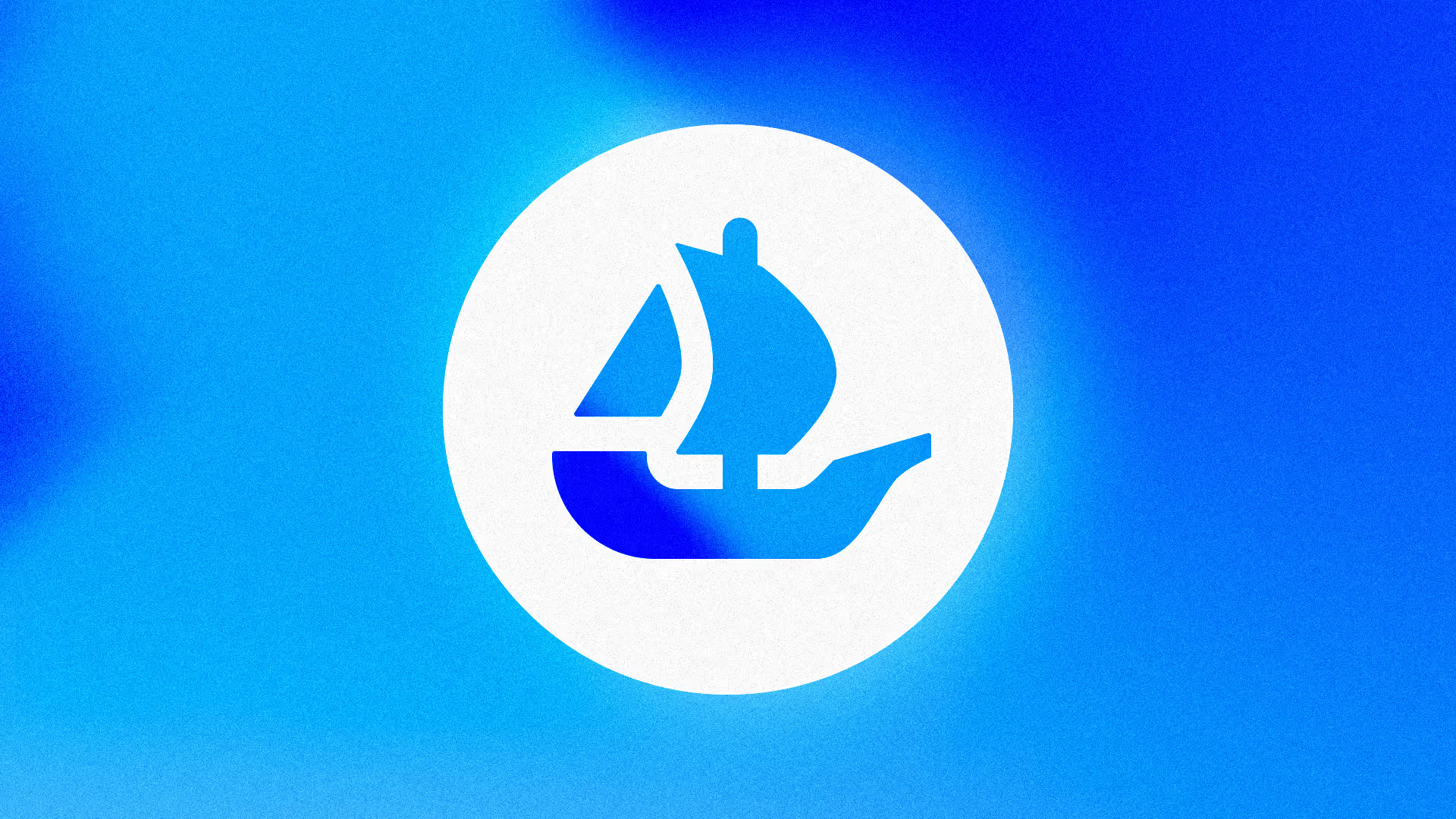

.avif)
.png)
.png)
.png)
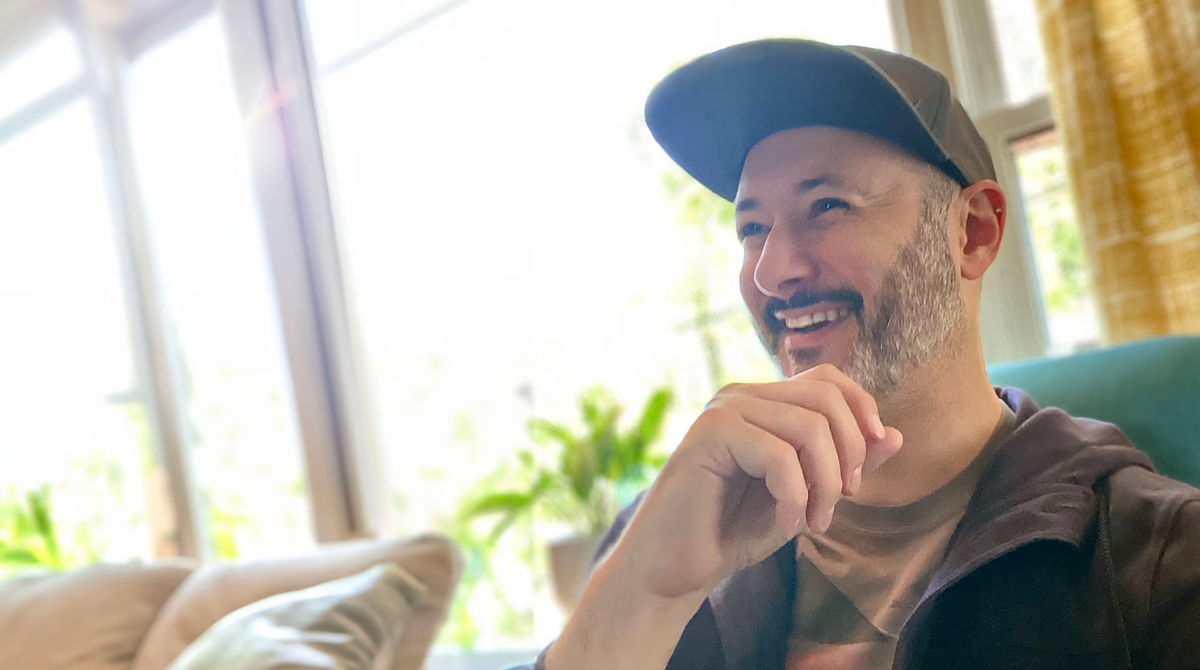
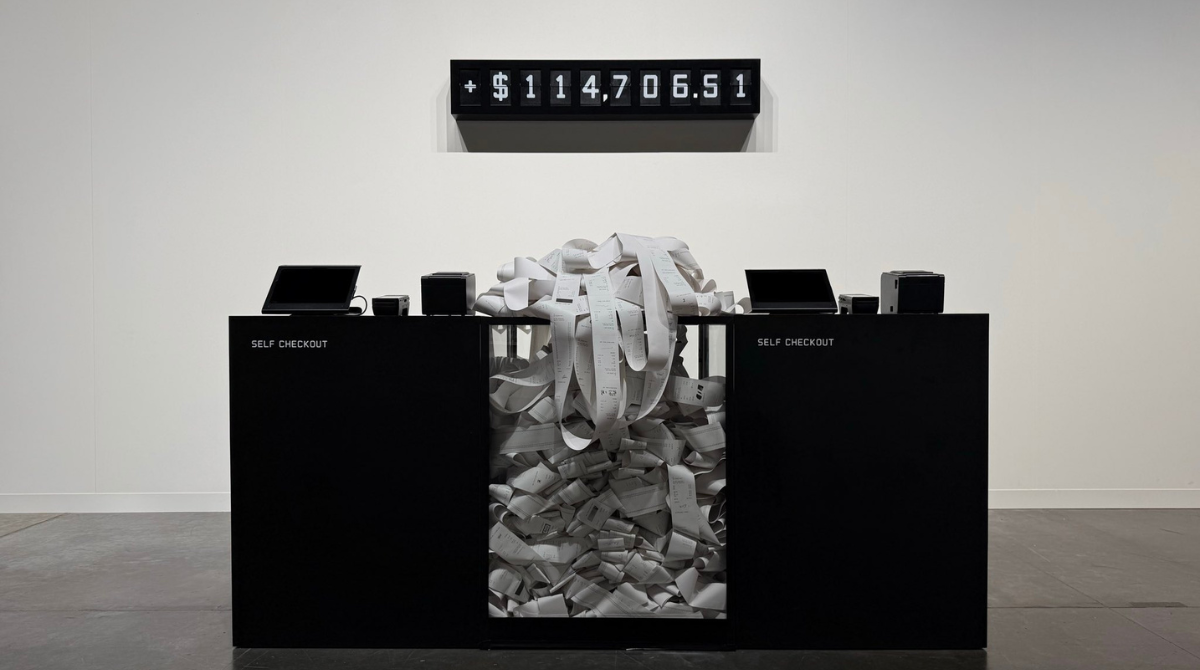
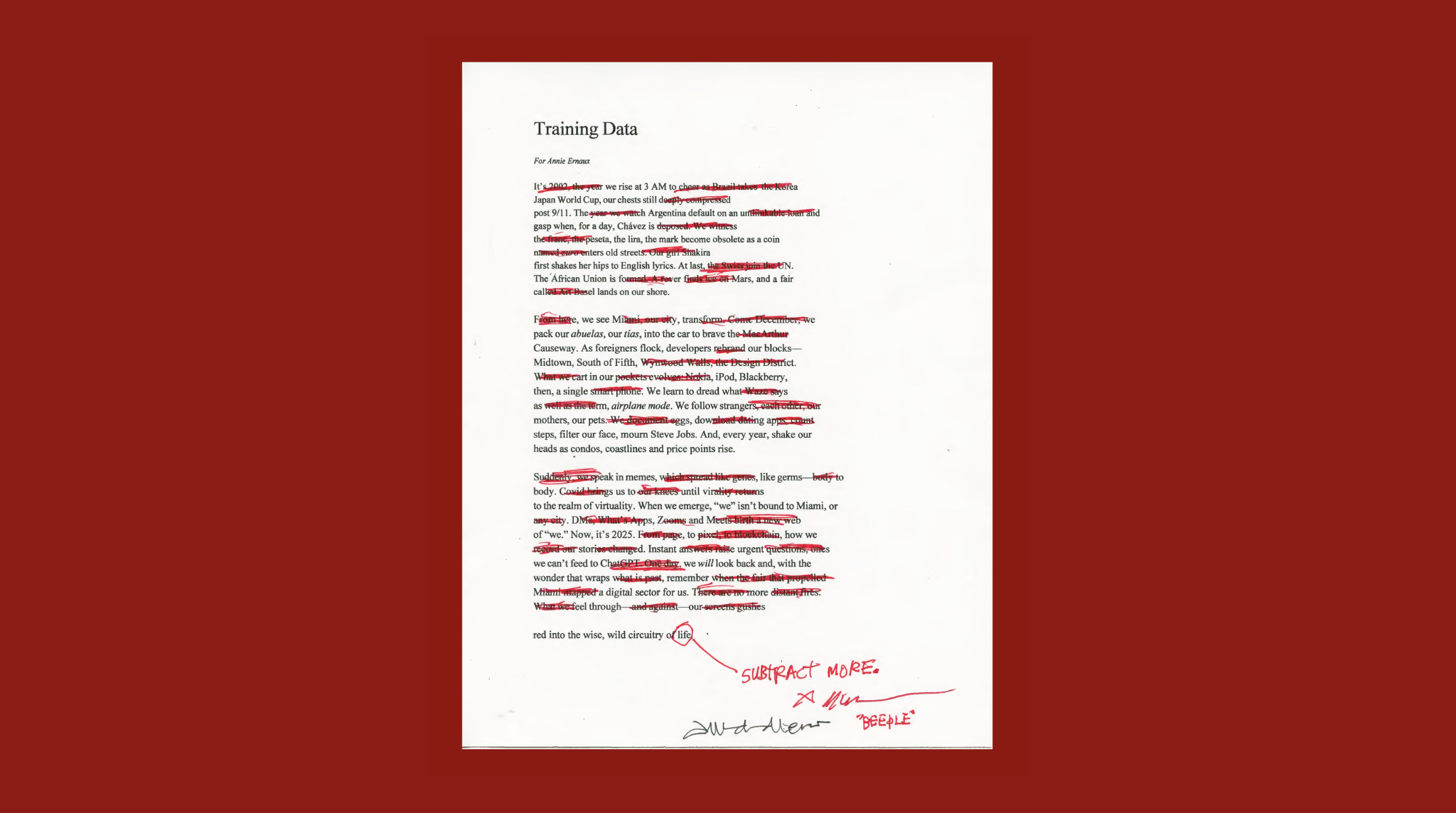
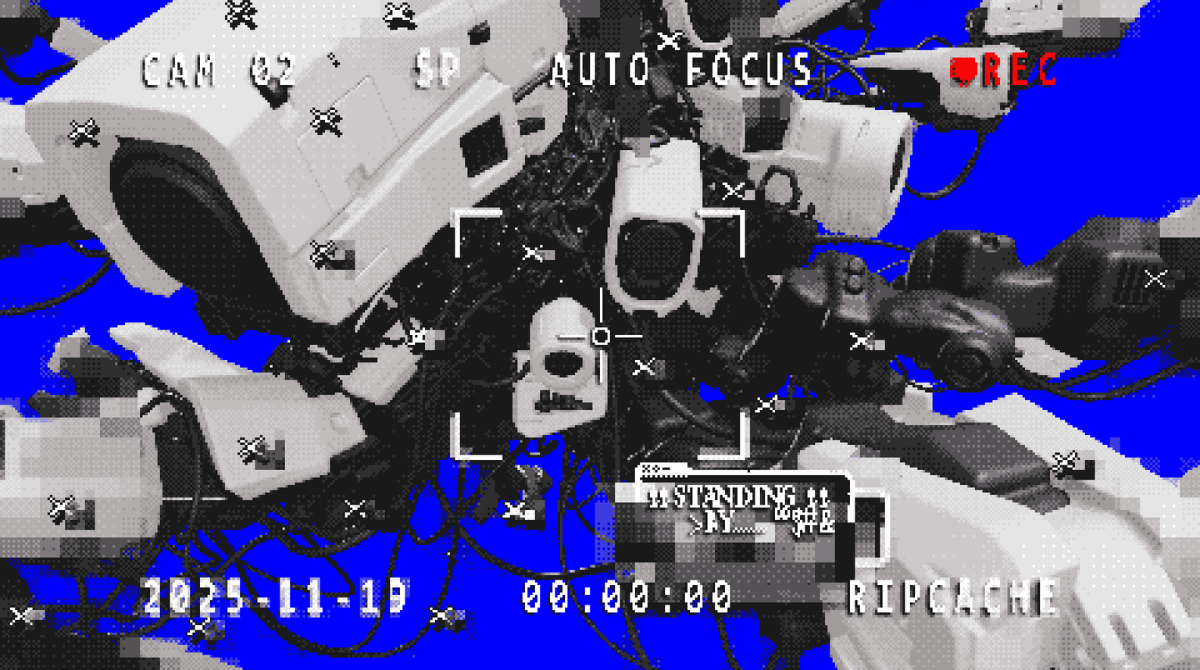
.png)